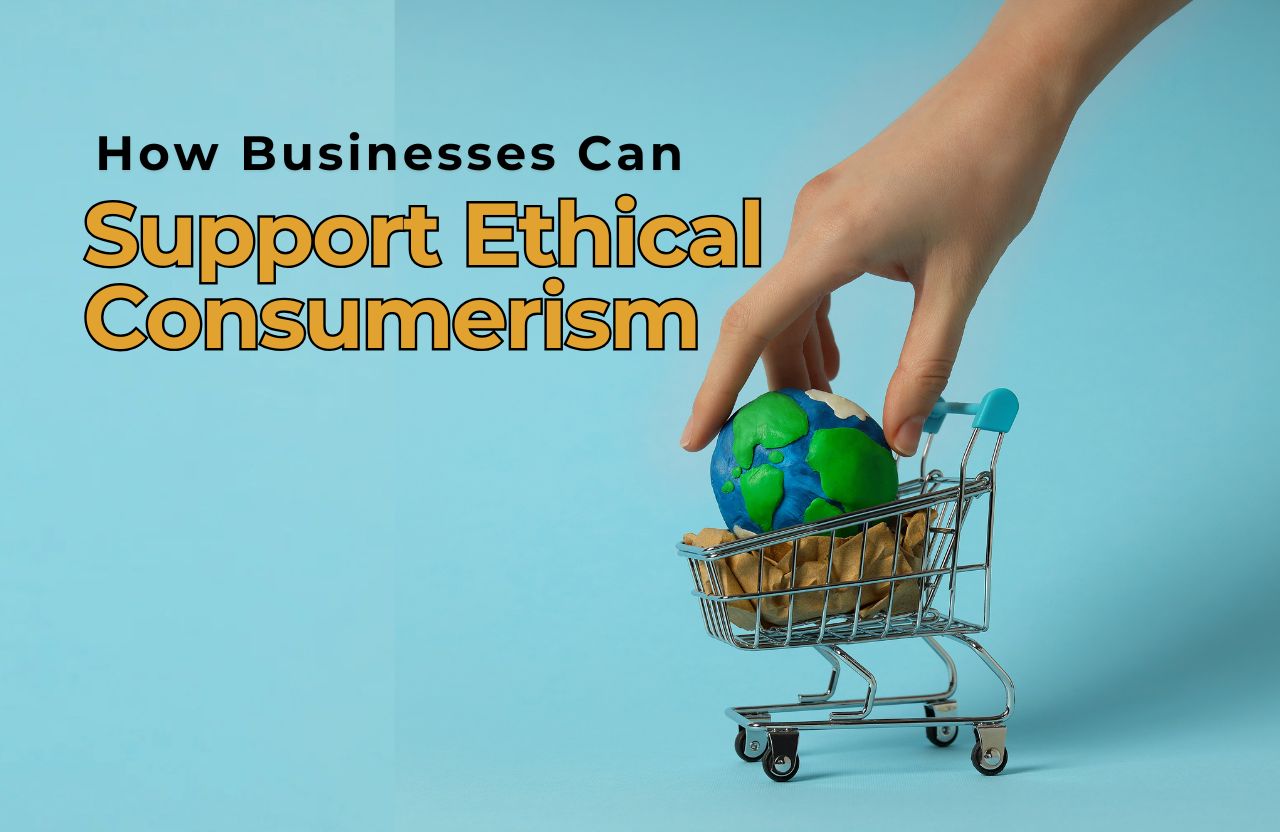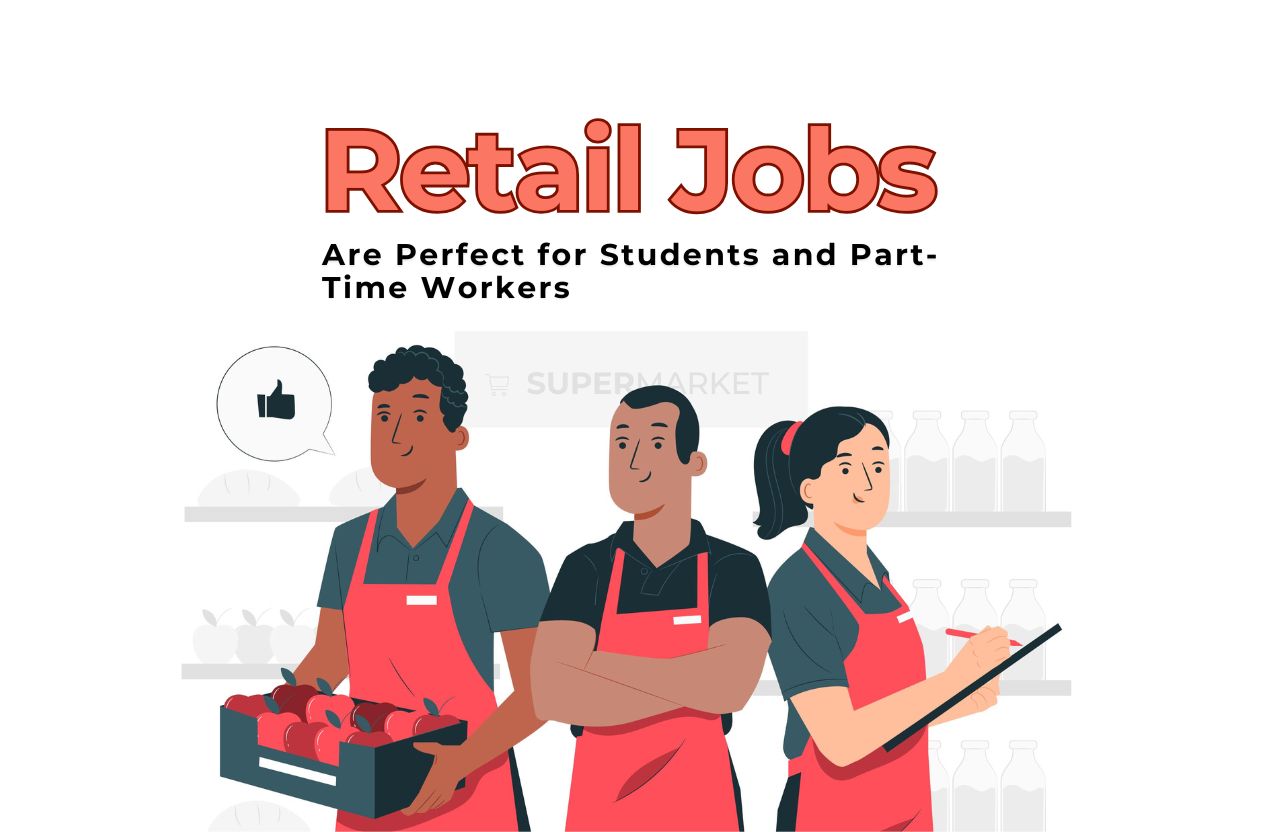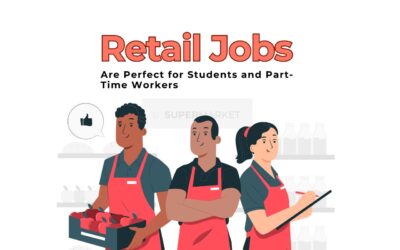In the rapidly changing world of business, every generation introduces new trends, technologies, and values that drive economic shifts. The next wave of consumers—Generation Beta (Gen Beta’s), born from 2025 to 2039—will be the most digitally connected and globally aware cohort to date. While Gen Beta is still in its infancy, it’s not too early to predict how businesses can prepare for their arrival and create ventures that will resonate with their values and aspirations.
Gen Beta will be growing up in a world dominated by artificial intelligence (AI), virtual reality (VR), and sustainable innovations. They will be shaped by an increasingly interconnected global society, where climate change, mental health, and social equity will be central to their worldview. Their expectations for businesses will be higher than ever before—requiring not just innovation, but ethical practices, transparency, and social responsibility.
To prepare for the future and attract Gen Beta, businesses must understand the principles that will guide them. Here’s a look at several future-proof business ideas that will resonate deeply with the aspirations of Gen Beta.
1. Sustainable Fashion: The Green Revolution in Style
Sustainability will be at the forefront of Gen Beta’s values. Growing up with heightened awareness of environmental issues, this generation will demand brands that prioritize eco-friendly practices. With an increased focus on climate change, Gen Beta will be drawn to businesses that adopt sustainable and circular models in every aspect—from sourcing raw materials to manufacturing processes and packaging.
Sustainable fashion is one of the most promising industries in this context. According to a report from McKinsey & Company, the market for sustainable fashion is expected to grow from $8.25 billion in 2025 to $15 billion by 2030. For Gen Beta, it won’t be enough for fashion brands to simply use organic cotton or recycled polyester—they will demand full transparency about production practices, worker conditions, and carbon footprints.
To future-proof a fashion business for Gen Beta, entrepreneurs should explore circular fashion initiatives, such as clothing rental, repair services, or recycling programs. Brands that utilize eco-friendly materials, such as biodegradable fabrics or plant-based dyes, will gain favor with this generation, which will expect businesses to take responsibility for their environmental impact.
2. EdTech Revolution: Empowering Lifelong Learners
Education is evolving at an unprecedented pace. Gen Beta will grow up with a mix of traditional education and immersive, technology-driven learning tools. As the digital divide continues to shrink, these young learners will be accessing educational content through VR, AI-powered tutors, and gamified experiences. In fact, the global EdTechmarket is expected to reach $404 billion by 2025, driven largely by demand from younger, digitally-native generations.
A key focus for EdTech businesses should be providing personalized learning experiences. Gen Beta will expect their education to be flexible, adaptive, and tailored to their individual needs. This could include platforms for virtual learning, where AI evaluates students’ progress and recommends personalized learning paths. Virtual reality (VR) could enable immersive historical, scientific, or creative experiences, making learning more engaging and interactive.
In addition to STEM education, Gen Beta will seek platforms that teach them how to navigate the rapidly changing world of work, such as coding, design thinking, entrepreneurship, and soft skills like emotional intelligence and resilience. The future of EdTech will not only teach academic subjects but also equip Gen Beta with the tools they need to thrive in a world of constant change.
3. Health Tech: Integrating Wellness with Innovation
Gen Beta will prioritize both physical and mental health, a trend that is already gaining momentum today. According to a Pew Research study, 50% of Gen Z adults report experiencing symptoms of anxiety, a trend that is likely to persist as the pressures of modern life intensify. As the next generation, Gen Beta will expect businesses to provide personalized and holistic health solutions that integrate technology into every aspect of well-being.
The global health tech market is expected to surpass $500 billion by 2025, fueled by innovations in telemedicine, mental health platforms, and AI-driven health diagnostics. Businesses that create digital health tools—whether for fitness tracking, stress management, or personalized nutrition—will be highly sought after. Wearable health devices, connected to platforms that provide real-time insights, will become a staple of Gen Beta’s wellness routines.
Moreover, as mental health challenges continue to rise, businesses that offer virtual therapy, mindfulness apps, or AI-powered mental health tools will be incredibly valuable. Gen Beta will want to be proactive about their well-being and will embrace digital tools that provide immediate support for both physical and emotional health.
4. Social Impact Enterprises: Driven by Purpose
Generation Beta will have a unique perspective on social responsibility. Raised in a world where sustainability, diversity, and social justice are hot topics, they will expect businesses to reflect their values and contribute meaningfully to society. According to a Deloitte study, 75% of Gen Z consumers care about a company’s social impact and sustainability efforts, and this mindset will only strengthen in Gen Beta.
Social impact startups that focus on solving global challenges—such as reducing poverty, advancing gender equality, or addressing environmental concerns—will resonate deeply with Gen Beta. For example, startups that address food insecurity by connecting surplus food with underserved communities, or businesses that reduce carbon emissions through innovative tech solutions, will attract young consumers who prioritize purpose over profit.
Businesses can also look at opportunities within the circular economy—developing products or services that reduce waste and promote reusability. Platforms that encourage conscious consumption, such as those that offer eco-friendly or upcycled products, will resonate with Gen Beta’s values of sustainability and social equity.
5. AI and Automation: The Future of Work
As automation and artificial intelligence continue to transform industries, Gen Beta will grow up surrounded by these technologies. According to a report by PwC, 30% of jobs in the U.S. are at risk of being automated by the early 2030s, and Gen Beta will need the skills and tools to navigate this future.
Businesses that focus on providing Gen Beta with the skills and tools to thrive in an AI-driven world will be crucial. EdTech companies that offer AI-powered career development platforms, virtual internships, or personalized job training will prepare Gen Beta for the future of work. Startups that focus on the development and use of AI to improve daily life—whether in healthcare, entertainment, or productivity tools—will likely thrive.
Additionally, with the rise of automation, businesses that offer innovative solutions to help workers transition into new roles—whether through retraining programs, AI-powered career coaches, or remote job opportunities—will be highly valuable. Gen Beta will expect these technologies to be intuitive, user-friendly, and designed with empathy for users who might not be as tech-savvy as older generations.
6. The Metaverse: A New Digital Frontier
The metaverse represents an entirely new realm of possibility, and it is poised to redefine how Gen Beta experiences the world. With immersive virtual environments becoming more integrated into daily life, Gen Beta will experience new forms of social interaction, entertainment, and even work within these digital realms. In fact, the metaverse economy is projected to reach $800 billion by 2024, and Gen Beta will be a central driver of this growth.
Businesses that focus on creating virtual spaces for entertainment, education, shopping, or socializing will see enormous potential. Virtual and augmented reality experiences will redefine how Gen Beta consumes media, interacts with friends, and even attends classes or events. Gaming platforms, virtual concerts, and VR-powered educational tools will cater to this generation’s desire for interconnected, immersive experiences.
Moreover, businesses that build digital marketplaces within the metaverse—allowing users to buy virtual goods, fashion, or real estate—will capitalize on Gen Beta’s increasing presence in these digital spaces. Brands that adopt a metaverse-first approach will gain significant visibility with this next generation.
7. Customized and Subscription-Based Models: Personalization at Scale
Gen Beta will expect everything to be personalized to their individual needs—from their learning experiences to their shopping habits. Businesses that offer tailored products and services will thrive in this personalized world. In fact, according to Accenture, 91% of consumers are more likely to shop with brands that provide relevant offers and recommendations.
Subscription-based models—whether for eco-friendly household items, curated fashion, or personalized wellness programs—will be highly popular. By offering a customized selection based on preferences or needs, businesses can tap into the growing demand for convenience and personalized solutions. Subscription services that deliver unique, hand-picked items will cater to Gen Beta’s desire for tailored experiences, while also offering sustainable and socially responsible options.
Conclusion
Generation Beta represents the future of business, and businesses that align with their values and priorities will be positioned for long-term success. Sustainability, social impact, innovation, and personalization will be key drivers of success for businesses looking to capture Gen Beta’s attention. By focusing on education, health, technology, and purpose-driven initiatives, entrepreneurs can build ventures that not only thrive in the changing market but also shape a better, more inclusive world.
As Gen Beta grows into a major force in the global economy, businesses that integrate these values into their core operations will be the ones that stand the test of time. The future is bright for entrepreneurs who embrace the challenges and opportunities presented by this generation—and who are ready to create businesses that serve both their customers and the greater good.













